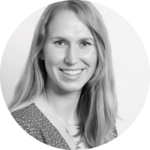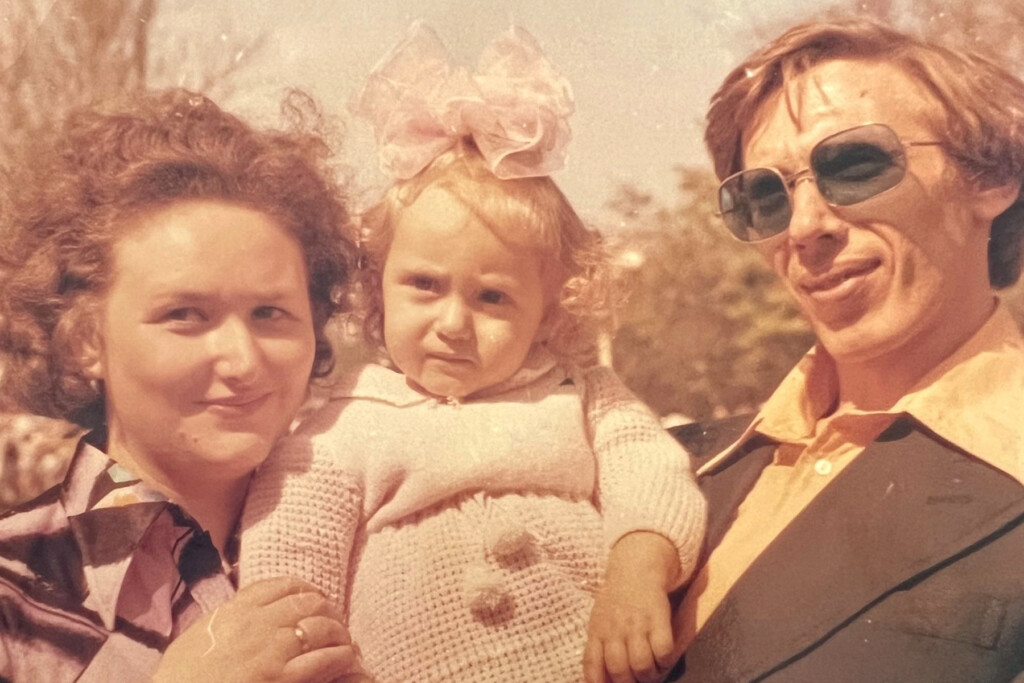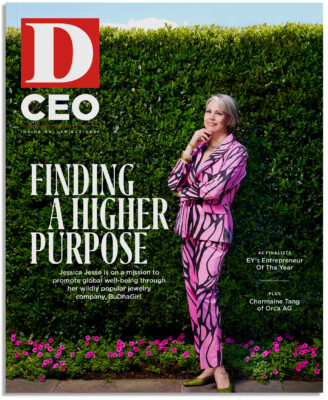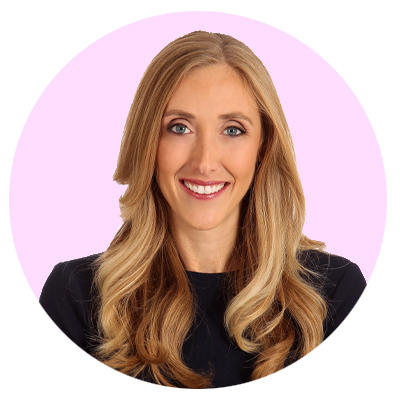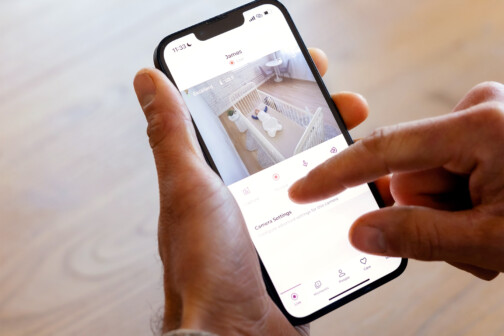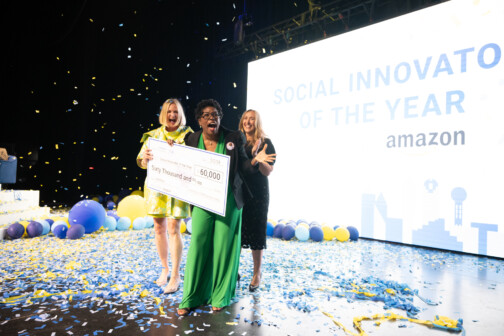While working on a Soviet Union cargo ship, Vickie Yakunin’s father saw the coast of Canada during a stop and was inspired to pursue a better life for his family. Yakunin was born in what is now Odessa, Ukraine, and arrived in the United States as a toddler. Her parents traveled from the USSR through Austria and Italy and ultimately settled in Cleveland. In 2009, Yakunin moved to Dallas for a community relations role at Time Warner Cable. Today, she oversees community affairs in Dallas for Amazon. Here, she shares the lessons learned from her family’s journey:
“My parents left Russia on April 10, 1978. I was about 2.5 years old, and at the time, they had applied for a visa and waited approximately four or five months for the paperwork to process and all of that. They ultimately got their visa to be able to come to the United States. They’d primarily left because they just felt like they could have a better life in the United States, right. We have to remember that back then, it was still the Soviet Union. There weren’t the individual countries: it was just Russia. It was a communist regime, and they just felt like they could do better elsewhere.
“So, from Odessa, they ended up going to Vienna, Austria. That was their first stop. They were there for maybe two weeks to finish off some paperwork and some processing to get rolling for their journey to the United States. Their next stop after Austria was Italy, and they were there for three months wading through some of the paperwork. Even back then, you still had to wade through all of the paperwork to be completed and signed and all those details. At the time, they had brought a number of things that they could ultimately sell at a market to earn some money while they were making their way to the U.S. They sold some some wares and ended up making about $1,000 or so, and that ended up carrying them through to get to the U.S. three months later.
“After my parents’ first couple of years or first three years in the United States, they both worked at factories, and they saved money for our first house. I grew up in a middle class neighborhood with other immigrant families from all over the world—whether they were Irish, Italian Polish, or from all over really. Everyone was coming at it from the same place, if you will, because everyone had come over to this country as immigrants. The community that we lived in was very welcoming. In fact, so many of my childhood friends who I met in the second grade, are still my closest friends today.
“As I was growing up, I served a lot of times as a translator for my parents, as they learned English. I listened to Russian in my house and would occasionally speak it, but my parents really wanted to focus more on English because that was the language they were trying to learn. So anytime they were talking to me, they would be trying to speak in English, but when we had family or friends over or parties at our house, Russian was definitely the spoken language.
“I saw how hard my parents worked as I was growing up, and that work ethic was instilled in me at a young age. My first job was at my dad’s car dealership. I washed cars, and he paid me $20 a day and took me to lunch. I started working at a young age and have never been afraid to work. I think the second—and probably equally important—thing I learned is courage. My parents were 32 years old when they left the Soviet Union, with basically no money. They didn’t speak English. They didn’t have jobs lined up. It takes courage to do that. When I think about it, I don’t know if I would be willing to do it. Sometimes I ask myself that, and I reflect on it. I know that no challenge is too difficult. I can make my way through it because I have the courage to persevere.”
Author
